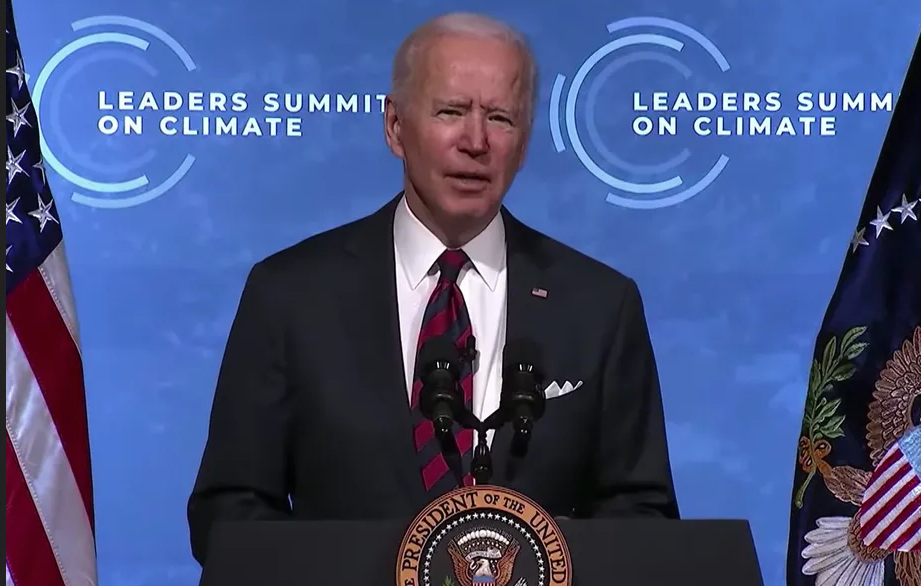In a recent revelation, the Alliance For Consumers, a consumer advocacy organization, has shed light on how the Biden administration’s climate-focused initiatives are poised to impose a heavy financial burden on American households. The organization’s analysis, titled “Biden’s Dream House,” underscores the potential surge in prices for commonly used home appliances due to stringent federal energy efficiency regulations.
Welcome to Biden's Dream House, where the American dream just got significantly more expensive…
Join us on a tour and see the green "upgrades" that the Biden Administration wants to bring (by mandate) to a home near you, very soon. pic.twitter.com/7cg7yMRCXZ
— Alliance For Consumers (@for_consumers) October 26, 2023
Executive Director O.H. Skinner emphasized the broader implications, stating, “They are trying to reshape the place that you live to make it look like the home they would like you to live in.” Skinner argues that the administration’s measures, influenced by a broader climate and green agenda, aim to enforce progressive preferences on households nationwide.
The analysis points to proposed or finalized energy regulations by the Biden administration that could substantially increase the costs of various appliances. Water heaters might see a $2,800 hike, gas stoves up to $3,250 more expensive, air conditioners facing a $1,100 increase, and gas furnaces nearly $500 costlier. Skinner notes the irony: “Pay more, get less, but don’t worry, we’re taking care of the climate on your behalf.”
The Department of Energy has been actively unveiling new standards for a range of appliances, from stovetops to air conditioners. The federal Unified Agenda indicates further regulations on appliances like pool pumps, battery chargers, ceiling fans, and dehumidifiers in the pipeline. The Alliance For Consumers warns that the administration’s move towards advanced refrigeration and cooling technologies will escalate prices for refrigerators and air conditioners, effective 2025.
Ben Lieberman, a senior fellow at the Competitive Enterprise Institute, raises concerns about the potential consequences, stating, “This is putting the climate agenda above the best interests of consumers.” Lieberman argues that the regulations, while promoting eco-friendly options, limit competition and could lead to substantially higher prices.

